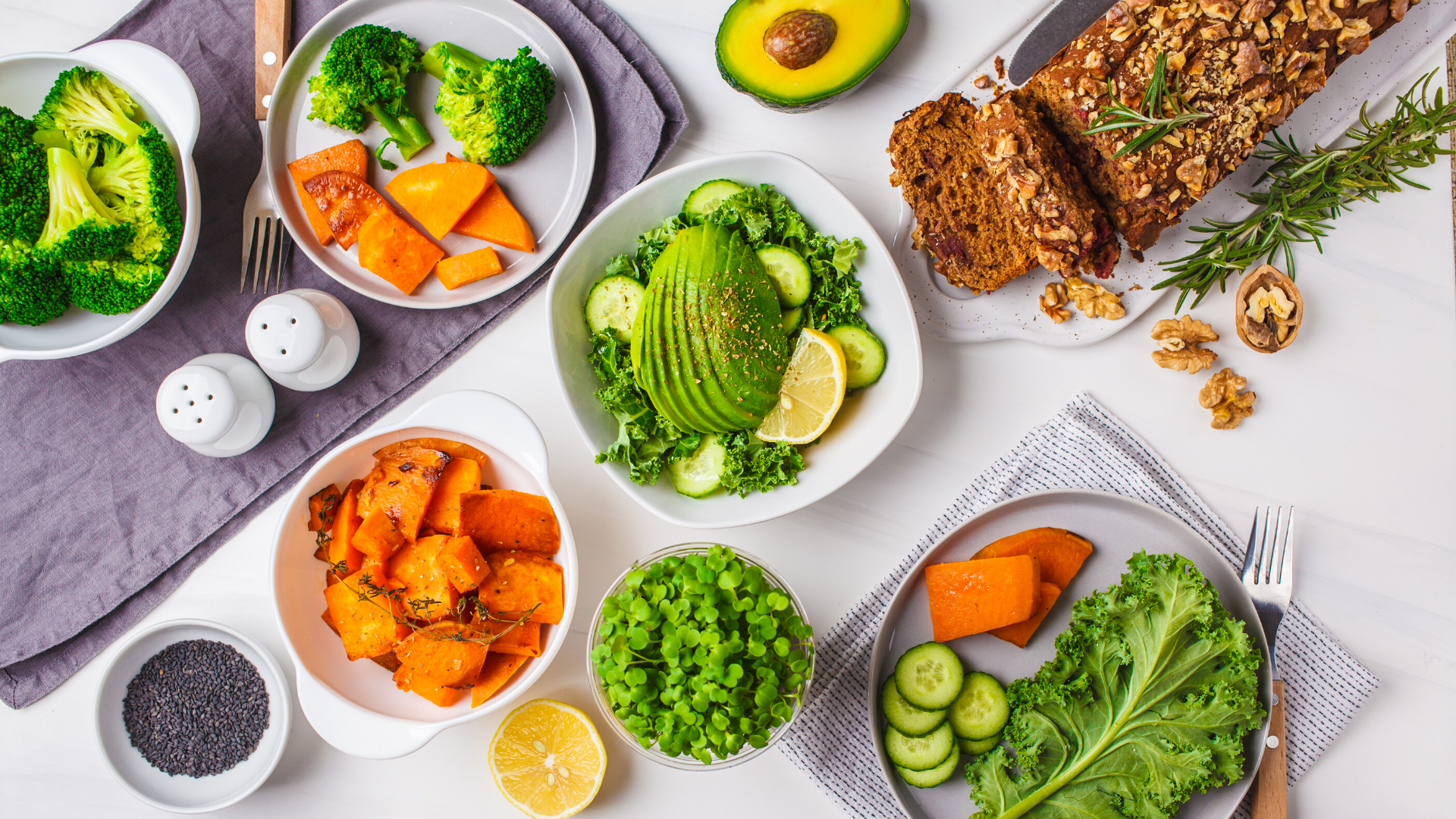- Empty cart.
- Continue Shopping
Understanding the Connection Between Diet and Breast Health

Breast health is a vital aspect of overall well-being for women. While genetics and regular breast screenings play a significant role in maintaining breast health, lifestyle factors, including diet, can also influence the risk of breast-related issues.
Nutrient-Rich Diet
A Diet Rich in Fruits and Vegetables
Consuming a variety of fruits and vegetables provides essential vitamins, minerals, and antioxidants. These nutrients can help reduce oxidative stress and inflammation, both of which are associated with a lower risk of breast cancer.
Lean Protein Sources
Incorporate lean protein sources into your diet, such as poultry, fish, beans, and tofu. Protein is crucial for tissue repair and overall breast health.
Whole Grains
Choose whole grains like brown rice, quinoa, and whole wheat over refined grains. Whole grains are a good source of fiber, which can help maintain a healthy weight, a factor associated with lower breast cancer risk.
Healthy Fats
Omega-3 Fatty Acids
Omega-3 fatty acids, found in fatty fish like salmon and walnuts, have anti-inflammatory properties. Including these in your diet may reduce inflammation and potentially lower the risk of breast-related issues.
Limit Saturated and Trans Fats
Limit saturated fats found in red meat and full-fat dairy products, as well as trans fats found in some processed foods. High consumption of these fats may increase inflammation and breast cancer risk.
Antioxidants
Berries
Berries like blueberries, strawberries, and raspberries are rich in antioxidants, which can help protect cells from damage caused by free radicals. Free radical damage is associated with cancer development.
Green Tea
Green tea contains antioxidants, including catechins, which may have cancer-fighting properties. Drinking green tea in moderation can be a beneficial addition to your diet.
Cruciferous Vegetables
Broccoli, Cauliflower, and Kale
Cruciferous vegetables contain compounds known as glucosinolates. These compounds may help protect against cancer by promoting detoxification processes in the body.
Limit Alcohol Consumption
Alcohol and Breast Health
Excessive alcohol consumption is linked to an increased risk of breast cancer. If you choose to drink alcohol, do so in moderation, and consider limiting or avoiding it altogether.
Maintain a Healthy Weight
Weight and Breast Cancer Risk
Maintaining a healthy weight is essential for breast health. Obesity is associated with an increased risk of breast cancer, particularly after menopause. A balanced diet and regular physical activity can help achieve and maintain a healthy weight.
Stay Hydrated
Importance of Hydration
Staying hydrated is crucial for overall health, including breast health. Water supports bodily functions, including circulation, digestion, and toxin removal.
Breastfeeding
Breastfeeding Benefits
Breastfeeding may have protective effects against breast cancer. It can also support the development of healthy breast tissue. If you can breastfeed, consider it as a positive step for both your child’s health and your own.
Conclusion
Diet plays a significant role in breast health, and making informed dietary choices can contribute to reducing the risk of breast-related conditions. While there are no guarantees, adopting a balanced diet rich in nutrient-dense foods, healthy fats, antioxidants, and limiting alcohol consumption can be a proactive step toward maintaining breast health. Additionally, maintaining a healthy weight and staying hydrated are essential components of overall well-being. Remember to consult with a healthcare provider or a registered dietitian for personalized dietary recommendations tailored to your individual needs and risk factors.








